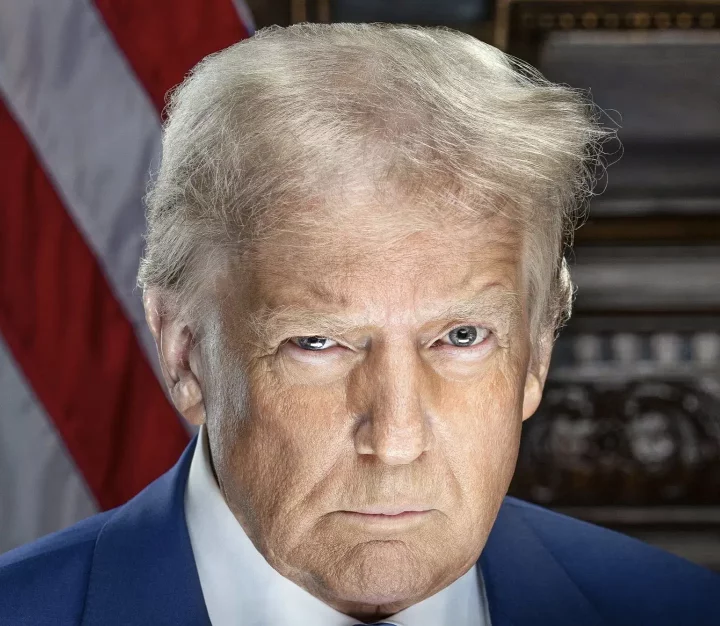
As a new era opens today in the history of the United States of America with the return to power of Donald John Trump, as the 47th president of the US, leaders around the world are already anticipating and grappling with the potential impact of his "America First" stance on trade and immigration.
Since his re-election two months ago, he has been straight and direct about changes he hopes to implement, including tariffs increase on imports to America, changes in environmental policy, tax bills as well as defunding the United Nations.
He has also vowed to reinstate and expand the restrictive immigration policies of his first term, including bringing back travel bans that affected some African countries, carrying out deportation operations, and introducing visa curbs that could negatively affect foreign students and skilled migrants.
Already, there's a promise of a 25 percent tariff hike on goods from Mexico and Canada and an extra 10 percent hike on goods from China, in what would mark a continuation of the US-China trade war that he triggered during his first term. Mr Trump has also vowed an end to the Russia war in Ukraine, and has threatened that 'hell would be let loose' if a truce between Israel and Gaza is not negotiated and agreed on by the time he is sworn-in. The latter has already materialized as Israel and Hamas, Wednesday, agreed on a ceasefire and hostage deal that saw an end to the 15-month war.
However, there has been an argument that his restrictive immigration policies, especially one that borders on deportation of illegal migrants wouldn't come without challenges. But Prof. Peter J. Spiro of Temple University Law School in Philadelphia, posited that Trump might be able to push most of his policies through given the dominance of Republicans in both Houses of Congress.
In his comment on Henley Global Q1 Mobility Report 2025, Spiro said: "This time around, the stakes are higher. During the first Trump administration, legacy political guardrails were still in place. Now, many are gone. There is a sense that what Trump wants, Trump will be able to get. His political agenda is mercurial, to say the least, and political uncertainty is the result. Americans can no longer take stability for granted. Trump can be fickle with outsiders, too. It is almost certain that he will resurrect the infamous travel ban, which he put in place a week after he first took office, early in the new administration. The ban precluded targeted nationals from securing permanent residence in the USA as well as a range of temporary-stay visas."
Dr. Tim Klatte, a Partner in Grant Thornton China, and an adjunct Professor at Shanghai New York University and the Shanghai University of Finance and Economics, said that reverberation from the standoff of the trade wars that would emanate between China and US would be felt across the globe.
"Trump's new administration is predicted to take the trade war with China to a new level, imposing tariffs on hundreds of billions of dollars' worth of goods. While the goal continues to be to address the trade imbalance and protect American industries, the reverberations of this economic standoff will extend well beyond the two nations. Trade war 1.0 disrupted global supply chains, slowed economic growth worldwide, and forced international businesses to adapt to new realities."
But whether Trump signs executive orders as he had promised to do right from the moment he steps into the office to actualise some of these policies, or in the days following his inauguration, what is clear is that he has said that he would make heads spin.
There is also the possibility that the combination of traits which define Mr. Trump, including his unpredictability, transactional approach, threats and spontaneity, will produce unattractive outcomes for Nigeria and the rest of Africa.
Economy experts warn of implications on remittances, unemployment, exports to US
As the world braces for another eventful four years with Trump at the helm, charting the directions for global political economy, economy experts and international policy analysts are weighing the possible implications of his various policies on Nigeria's economy.
First of all, they stated that diaspora remittances, which has become one of the biggest foreign exchange (forex) earners for Nigeria, would take an immediate hit given the massive deportation operations expected.
Last year, diaspora remittances into the country surged by nearly 50 percent to $4.22 billion between January and October, in contrast to $2.62 billion in the same period in 2023, according to the Central Bank of Nigeria (CBN).
But various other local and international bodies such as the World Bank, and Nigerians in the Diaspora Commission, NIDCOM, believe that the figure is higher, reaching more than $20 billion annually.
Additionally, they argued that there would, naturally, be an increased level of unemployment as a result of the deportation threats.
Presently, the unemployment rate in Nigeria stands at 5.3 percent in the first quarter of 2024 (Q1'24) as against 4.1 percent a year earlier. Youth unemployment rates, on the other hand, increased to 8.4 percent in Q1 2024, a 1.5 percentage points increase from 6.9 percent in Q1 '23, indicating that 12.68 million Nigerian youths out of 151 million are out of employment. The latest National Bureau of Statistics, NBS, data also shows that the percentage of youth who have completed their education but are neither pursuing further education, employment or training (NEET Rate) was 14.4 percent (21.7 million) of the total youth population, up from 13.7 percent in Q3 2023.
The numbers were higher before the adoption of a new methodology by the NBS and are projected to rise further if the deportation threats are carried out.
A number of the economy analysts who spoke to Vanguard Foreign News also warned that the African Growth and Opportunity Act (AGOA), which allows eligible African countries duty-free export for over 1,800 products into the United States, would be on the line when it expires in September this year as Trump may likely not renew the agreement.
Under AGOA, Nigeria exports products such as dry beans, ginger, cashew, cocoa, animal feeds and leather, among others.
They also posited that his energy policy geared toward increased production of fossil fuels may crash the price of crude oil and ruin the economy.
Recall that Nigeria has been struggling with dwindling revenue due to low oil production, economic shocks and policy missteps with the nation historically depending on crude oil receipts to fund its budget.
They, therefore, urged the federal government to prioritize human capital development and internal reforms to beat the shocks from Trump's presidency.
Economists, analysts chart way forward
[i]Prioritize internal reforms, diversify diplomatic, trade ties - Parthian Partners[/i]
Funmi Adebowale, Head of Research, at Parthian Partners, an investment banking firm, urged the federal government to prioritize internal reforms to stabilize the economy and enhance governance.
She also emphasised the need to diversify Nigeria's trade ties to limit dependence on the United States.
She said: "Donald Trump's "America First" trade policies, characterised by protectionism, tariffs and efforts to reshape international trade deals are expected to significantly impact African economies, including Nigeria in several ways. Firstly, there might be an escalation in trade tensions between the US and other countries, especially with China. If this happens, African countries like Nigeria could face some indirect effects, especially if trade wars affect global supply chains or energy markets. As regards the US-Nigeria bilateral trade, Trump could push for more favorable trade terms for the U.S. This might lead to more trade deals, but also potentially tougher conditions for African countries. However, Nigeria's oil exports and economic ties to the U.S. could see both boosts and risks, depending on global energy policies, particularly the oil market's volatility.
"A Trump presidency may lead to a shift in how the US engages with the Russian-Ukraine war. Trump has previously shown a tendency to favor dialogue with Russia, so his stance might differ from Biden's support for Ukraine. This could affect global stability, which would also influence Nigeria, especially its oil exports and foreign investments. Regarding the conflicts, Trump's approach to the Middle East is likely to continue to be highly transactional. If conflicts in the Middle East escalate, it could drive up oil prices, benefiting oil-producing nations like Nigeria. However, instability in the region could also affect global security dynamics, leading to market fluctuations. Trump's strict immigration policies could significantly impact African migrants, including Nigerians. The potential deportation of undocumented individuals and more stringent visa requirements may lead to a decline in remittances sent back to the economy. Additionally, an influx of returnees could exacerbate unemployment rates."
On the positive side, she stated that the policies could help reduce brain drain by encouraging skilled workers to stay or return to their home countries.
Adebowale said it is crucial for African leaders, including those in Nigeria, to prepare for the potential challenges arising from Trump's presidency by diversifying diplomatic and trade ties to lessen dependence on the U.S, strengthening intra-Africa trade through the African Continental Free Trade Area (AfCFTA) and prioritizing internal reforms to stabilize the economy and enhance governance.
[i]Domesticate the economy, retain locally created wealth - David Adonri[/i]
Also speaking, Mr. David Adonri, Vice Chairman, Highcap Securities, said that there would be a currency crisis due to Trump's stringent immigration policies. He advised the government to seize the opportunity to domesticate the economy and retain the wealth created locally to generate productive employment.
Adonri said: "President Trump had outlined his mission during the campaign to make the US winner and other countries losers in socio-economic interactions during his tenure. Nigeria is very vulnerable to this threat because of the importance of diaspora remittances from the US. If he embarks on mass deportation of Nigerians, there will be a currency crisis in the country. AGOA is a program designed to enable African countries to export certain products to the US tariff free. It is very likely that Trump will scrap the program. The little benefits Nigeria derives from it will vanish. The wars in Ukraine and the Middle East ought to favor Nigeria if it wasn't import dependent. Trump may aggravate those wars due to his erratic disposition."
Adonri, however, said that the ongoing market reforms in Nigeria could serve as a mitigating measure "because markets can adjust easily to external shocks".
The situation, according to him, does not call for negotiation with the US but for Nigeria to seize the opportunity to domesticate her economy and retain the wealth created locally in order to generate productive employment.
[i]Deal with corruption, invest in human capital devpt. - FSL Securities[/i]
Victor Chiazor, Head of Research at FSL Securities, noted that Trump's inauguration as president would have more impact on African immigration than it would on trade activities.
"Trump has shown over time that he has no love for immigration into the US from other less developed nations and that position is not expected to change in this current term. We don't expect any significant changes between Nigeria-US bilateral trade, both around import and export transactions. As of Q3 2024, net trade balance between Nigeria and US stood at an estimated surplus of N665.04 billion, which remains positive for the country and we expect a similar pattern to continue under president Trump's administration.
"Regarding the war, Trump has signalled that he has the capacity to end the wars faster. However, we are of the opinion that his stance on the war to withdraw support for Ukraine will likely determine the outcome, but we don't expect an end to the Russia-Ukraine war in the short term.
"On immigration, it will clearly become more difficult to get access to the US under Trump's administration, especially for Africans given Trump's disposition towards people of that race."
Chiazor, therefore, emphasised the need for African leaders to do more towards human capital development, improving infrastructure and dealing with the issue of corruption which has crippled countries in the region.
"Once these are done, the continent can become a financial and economic powerhouse that will not need to run overseas at every point begging for support," Chiazor said.
[i]Reinvigorate intra-African trade - Media Entrepreneur[/i]
Justice Malala, a South African author, columnist, talk-show host, and media entrepreneur, in an article: "America First Threatens to Put Africa Last", challenged African leaders to leverage on Trump's inward-looking policies to hasten implementation of pivotal, already existing, highly beneficial programs that can ignite greater intra-African trade and mobility.
"That improvement hinges on African leaders acting swiftly to remove obstacles to the movement of people and goods, including easing visa restrictions. Initiatives such as Kenya's Digital Nomad Work Permit and the country's year-old visa-free travel policy are helpful, although many more countries need to come on board.
"Namibia's new policy requiring visitors from 31 countries, including the UK, USA, and most of Western Europe, to obtain a visa on arrival will be tested when it starts on 1 April 2025.
"Whatever happens, the arrival of a new, inward-looking, US leadership demands that the African Union look to its own member states to invigorate intra-African trade and increase mobility on the continent. It is either that or wait to be at the receiving end as new US trade and immigration policies bite the world and Africa."
[i]Leverage some Trump's policies to your benefit - Don[/i]
Ken Opalo, an Associate Professor at Georgetown University's Walsh School of Foreign Service, in an article: "A Trumpian Policy for Africa: What the Continent Stands to Gain From a Transactional White House", said: "African states should prepare to creatively leverage some of Trump's domestic policies for their own benefit.
"For example, Trump's nominee to run the Energy Department, Chris Wright, could be an ally in the quest to end energy poverty across the region, especially in countries that are major producers of petroleum and gas such as Angola, Côte d'Ivoire, Mozambique, Nigeria, Senegal, and Tanzania.
"Notwithstanding the expected unpredictability of the Trump administration, it should still be possible for African countries to deepen trade and investment ties with the United States to the benefit of their economies. That, in and of itself, would be a significant improvement for US-African relations."

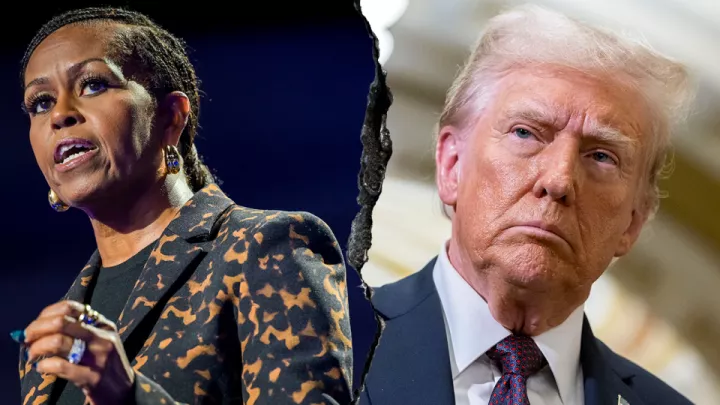

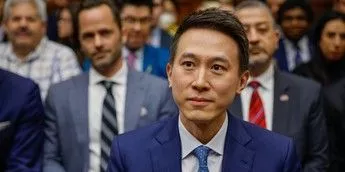
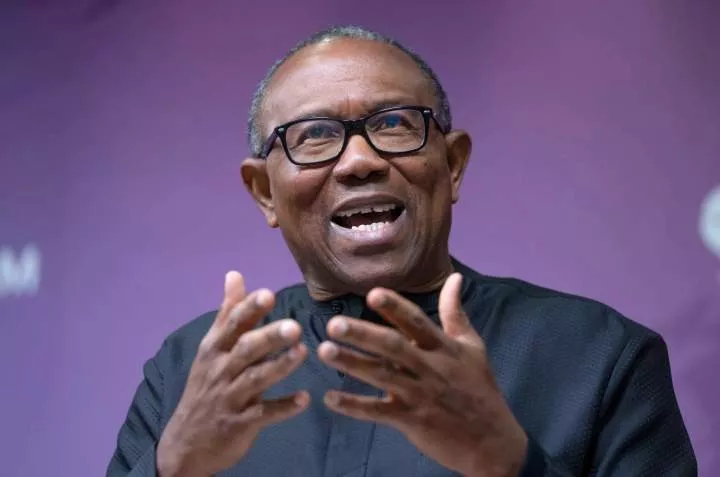
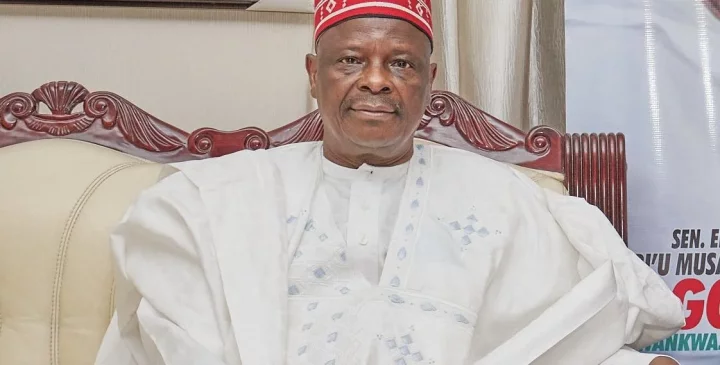

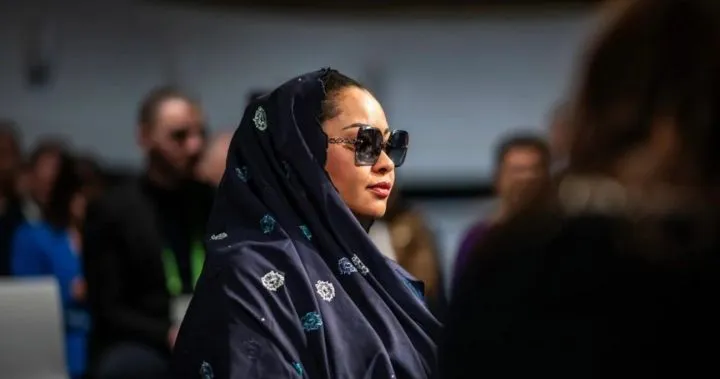

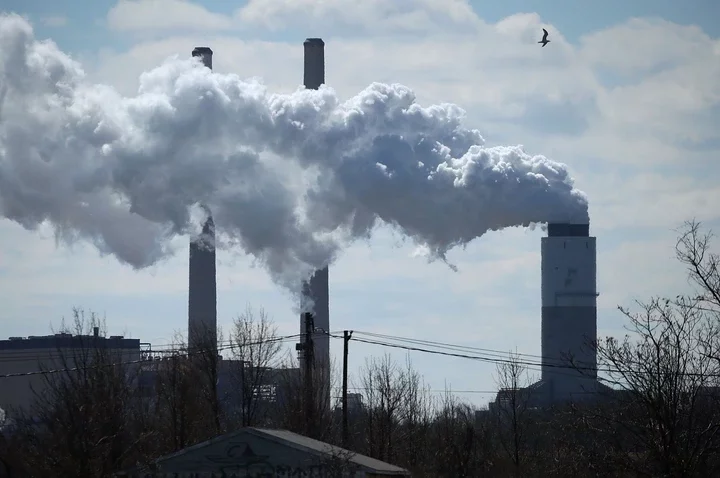






Comments